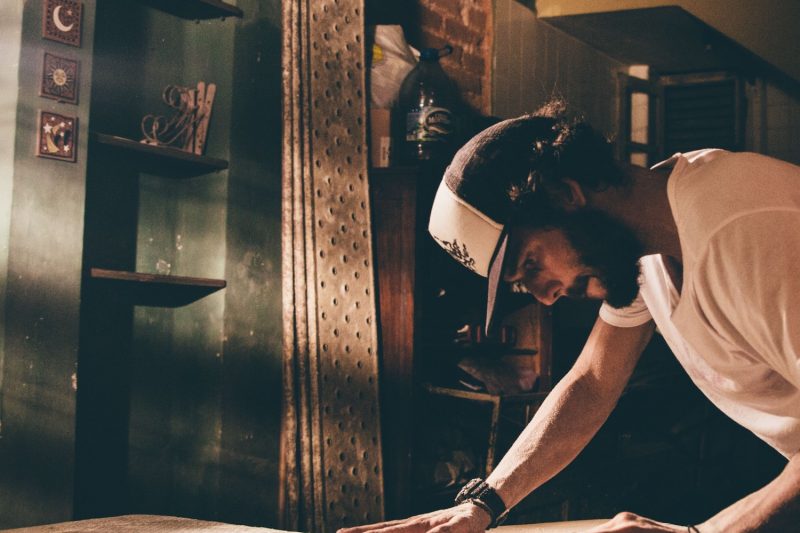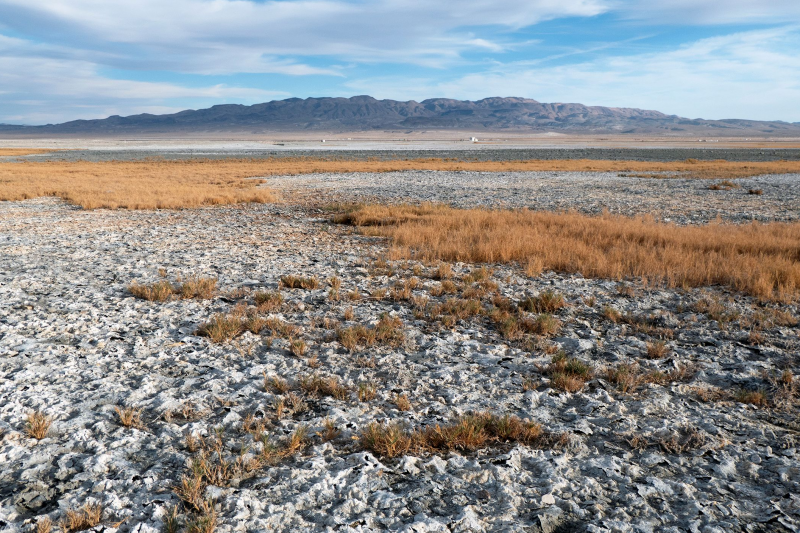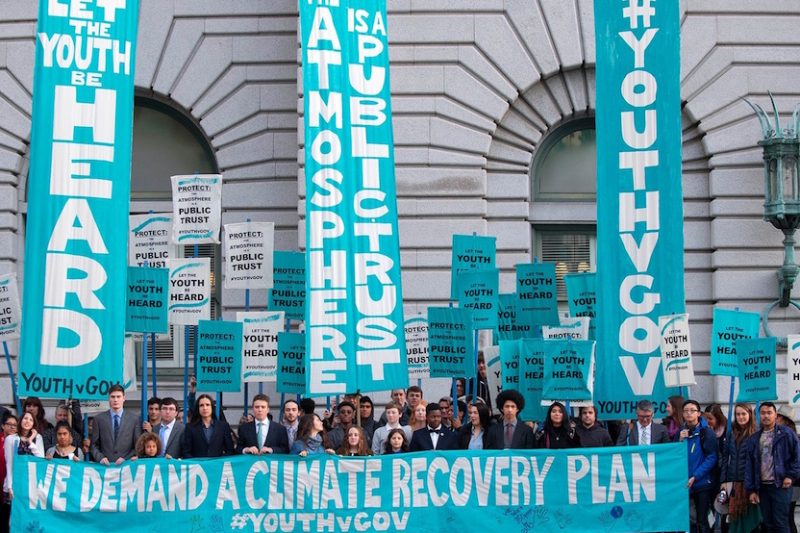How does Montana’s largest cinematic event – the Big Sky Documentary Film Festival – carry on during COVID-19? Virtually, thoughtfully and artfully.
Headquartered in Missoula, the largest documentary film festival in the American West typically attracts 20,000 viewers and hundreds of filmmakers. Due to the pandemic, the 18th annual festival makes more than 75 films available to stream online Feb. 19-28 via Eventive, its virtual cinema platform. Festival attendees can enjoy world premiere films, join live-stream Q&As with filmmakers, and interact through a series of community panels and social activation events.
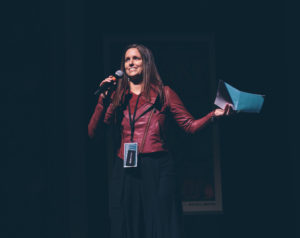
“We spent the better part of summer and fall researching and participating in working groups with other festivals to learn about the digital tools, alternative staffing, adaptive tech and shifted marketing necessary to pull off an online festival,” says executive director Rachel Gregg.
They even offered a virtual Big Sky Film Series as a pilot event to try out the online platform and analyze audience behavior.
“Ultimately what Big Sky will offer is a simulated version of the most valuable offerings of the live festival: audience access to new, exciting documentary films, artist connections with students in (virtual!) classrooms, and professional development opportunities for documentary filmmakers and industry delegates,” she writes.
The festival kicks off with a small event at the KettleHouse Bonner Tap Room on Friday, Feb. 19. “It’s largely ceremonial for our team and a few guests,” says Gregg. “We decided not to plan any live events lest we devote precious resources to something that might ultimately cancel.”
Instead the team poured their energy into making the digital experience “as high quality as possible within our means.”
Nor did they make the shift to a digital platform lightly. “One of our biggest hesitations when we were considering to-fest-or-not-to-fest online was whether this is what Big Sky does – presenting screenings without the community forum element of the ‘festival’ was not taken lightly,” Gregg notes.
But ultimately, “amid particular social and political angst, we believe access to art, and nonfiction storytelling, is especially essential, so making that possible in a safe, alternative form is a priority.”
In another year, perhaps Missoula venues will once again brim with film-goers and welcome face-to-face interactions. “Next time around our priorities can hopefully focus back on bringing people together,” says Gregg.
Films reflect a historic moment
The film lineup includes 27 features and 50 short documentaries, including 27 world premieres and 12 North American premieres, gleaned from nearly 1,800 submissions from 86 nations. Featuring diverse array of perspective and experience, the films reflect a historic moment through stories of cultural activism, criminal justice, human rights, immigration, arts & sciences, humor, aging and natural wonders.
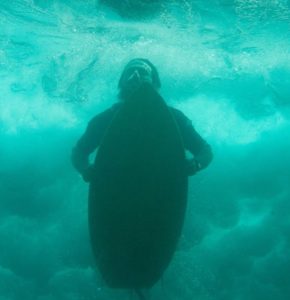
Opening the festival Friday is the world premiere of “Havana Libre.” The debut feature-length documentary from director Corey McLean follows a group of Cubans who rise up to demand legitimacy for their beloved sport of surfing after decades of cultural prohibition. The film is not only an extraordinarily beautiful cinematic experience, but also offers an unprecedented peek behind the veil of life in Cuba. The film is available to stream Feb. 19-22 and features a live Q&A with the director and producers Tyler Dunham and Nicholas Weissman on opening night.
In addition to the official selections, 10 films directed by students in the Montana State University MFA in Science & Natural History Filmmaking are included in honor of the 20-year anniversary of the program.
The Big Sky Centerpiece – which annually showcases an exceptional film with ties to Montana – features “Youth v Gov” from director Christi Cooper, an alumna of the MFA program at MSU. The film follows a groundbreaking lawsuit against the U.S. government on behalf of 21 courageous youth, asserting the government has willfully acted over six decades to create our climate crisis. “Youth v Gov,” which debuts Feb. 24 and includes a live Q&A with filmmakers and subjects, is available to stream though Feb. 27.
Native Americans, former Japanese-American World War II prisoners and environmentalists form an unexpected alliance in the closing weekend feature, “Manzanar Diverted: When Water Becomes Dust” from director Ann Kaneko and producers Jin Yoo Kim and Tracy Rector. Presented at the 2020 Big Sky Pitch event, the film layers the story of an intergenerational group of women from three communities as they defend their water, their history and their culture from the urban demands of the city of Los Angeles. The film makes its world premiere Friday, Feb. 26 and is available to stream through the closing weekend, concluding with a special live Q&A with the filmmakers on Sunday, Feb. 28.
Big Sky DocShop
In addition to screenings, BSDFF will host the Big Sky DocShop Feb. 22-26. The five-day filmmakers’ forum includes panels, filmmaker roundtables, a pop-up legal clinic and the popular Big Sky Pitch for works-in-progress. This year’s conference will focus on issues of power, ethics and agency, and take a deep dive with filmmakers facing new challenges and opportunities brought on by the COVID-19 pandemic.
The Big Sky Pitch for documentary works-in-progress welcomes 10 projects to pitch to a jury panel of funders and commissioning editors DocShop events, supported by an ArtWorks Grant from the National Endowment for the Arts, can be joined via live-stream on the festival’s Eventive virtual cinema.
Big Sky Documentary Film Festival also marks the launch of the applications for the next cohort of the 4th World Indigenous Media Lab, a year-long fellowship for early and mid-career Indigenous filmmakers Applications are open through April 30, 2021.
How to Fest
Passes and tickets for individual screenings and DocShop sessions are on sale now. For more information on the virtual event visit bigskyfilmfest.org (check out the How-To-Fest page for easy instructions on how to discover, order and watch films).
